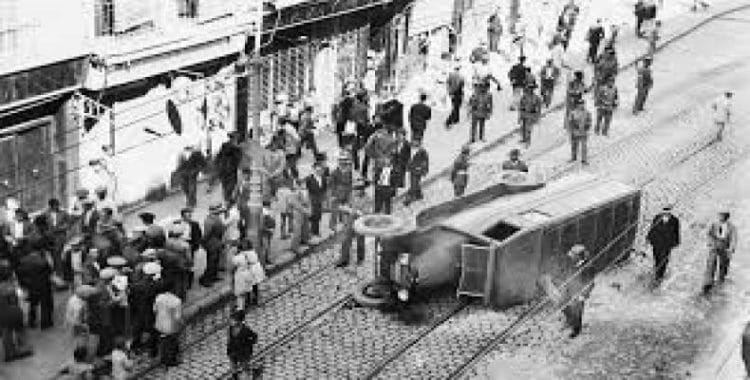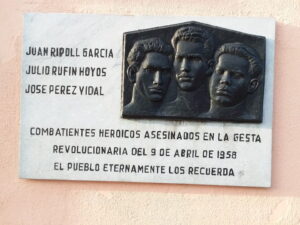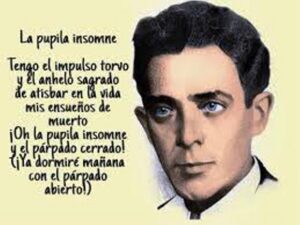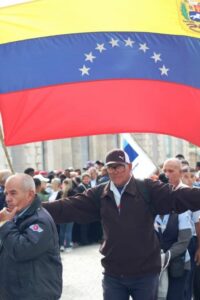April 9th strike: a defeat turned into a victory.

In Matanzas, under the command of Enrique Hart Dávalos, head of Action of the M-26-7 in the province, a group assaulted the Radio Tiempo broadcasting station, to expand the discourse, another one carried out the derailment of the train in the municipality of Jovellanos, at the same time that in the lomerío of Cárdenas up to the limit with Corralillo and the Central Highway, small armed groups were deployed.

It was the spring of 1958 and in Cuba the political contradictions showed three fundamental lines. While the Rebel Army, led by its Commander in Chief Fidel Castro Ruz, victory after victory consolidated its presence in the Sierra Maestra, the clandestine struggle grew stronger and spread to towns and cities under the leadership of the 26th of July Movement (M-26-7) and the participation of the Revolutionary Directorate March 13th and the Popular Socialist Party.
On the other side was the president of the island, Fulgencio Batista, facing the pressure of his military defeats against the ‘barbudos’ and the progressive national and international criticism due to press censorship, tortures and executions.
And it was precisely in the midst of this panorama that it was conceived to call the people to a general strike, an action that was part of Fidel Castro’s strategic conceptions to give the coup de grace to the tyranny.
April 9th, 1958 was the date chosen for the national revolutionary strike, in order to paralyze the country and unleash a mass movement that would accelerate the collapse of the dictatorship.
«Attention Cubans! This is the 26th of July Movement calling for a revolutionary general strike. Today is the Day of Freedom. From this moment begins throughout Cuba the final struggle, which will only end with the overthrow of the dictatorship.»
With that harangue broadcast by the national radio stations, at approximately eleven o’clock in the morning of that spring Wednesday, the strikes, sabotage and combats corresponding to a strike uprising that covered a good part of the national geography began.
In Matanzas, under the command of Enrique Hart Dávalos, head of Action of the M-26-7 in the province, a group assaulted the Radio Tiempo broadcasting station, to expand the discourse, another one carried out the derailment of the train in the municipality of Jovellanos, while small armed groups were deployed in the lomerío of Cárdenas up to the limit with Corralillo and the Central Highway.

During the events of that April 9th, young revolutionaries Juan Ripoll García, Julio Ruffin Hoyos and José Pérez Vidal died. Three of the hundred fighters from all over the country who lost their lives that day while facing the repression of the regime during the strike.
Errors of appreciation and tactical failures such as the time at which the actions began and the lack of unity among the forces that rose up against tyranny, marked the failure of the strike.
In the opinion of experts, since the date chosen for the strike was not disclosed, fearing reprisals from the regime, the call caught the working class unawares. At eleven o’clock in the morning of April 9th, most of the workers were at their workplaces when the objective was to keep them at home.
But as one also learns from setbacks, those who still did not consider the armed struggle as the correct strategy to achieve victory, after the strike understood that there was no other way.
Another of the lessons of that uprising was the need to unite all sectors in pursuit of a common goal. Hence, the setback did not mean the abandonment of the struggle and even less, the hope of victory. This is what Fidel emphasized, a few days after the strike, in a letter to Faustino Perez and the members of the M-26-7 in the plains
«I have the firmest hope that in less time than many are capable of imagining, we will have turned defeat into victory.»
Barely eight months later, on January 1st, 1959, the people celebrated before the world the triumph of the Cuban Revolution.
Written by Ana González Goicochea.




